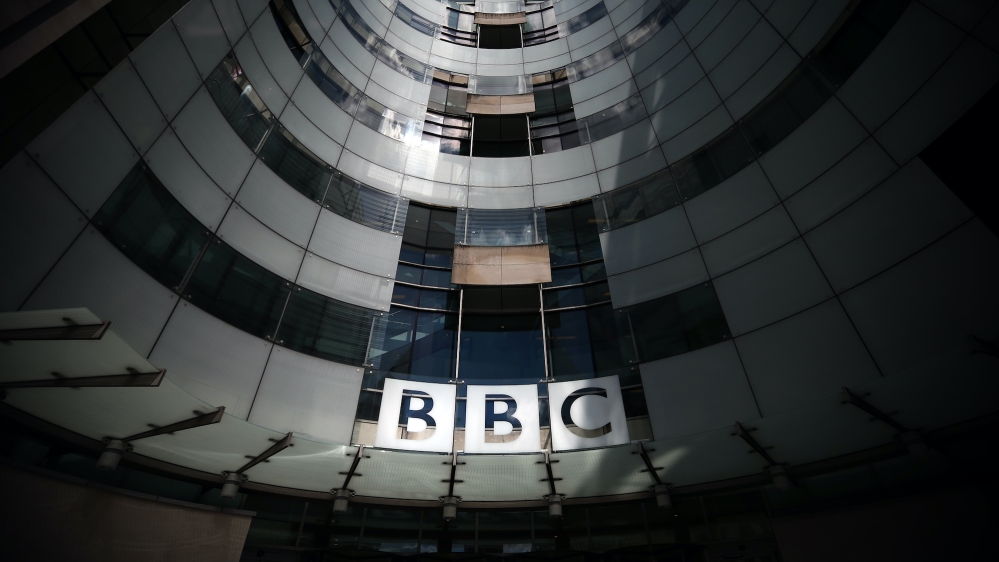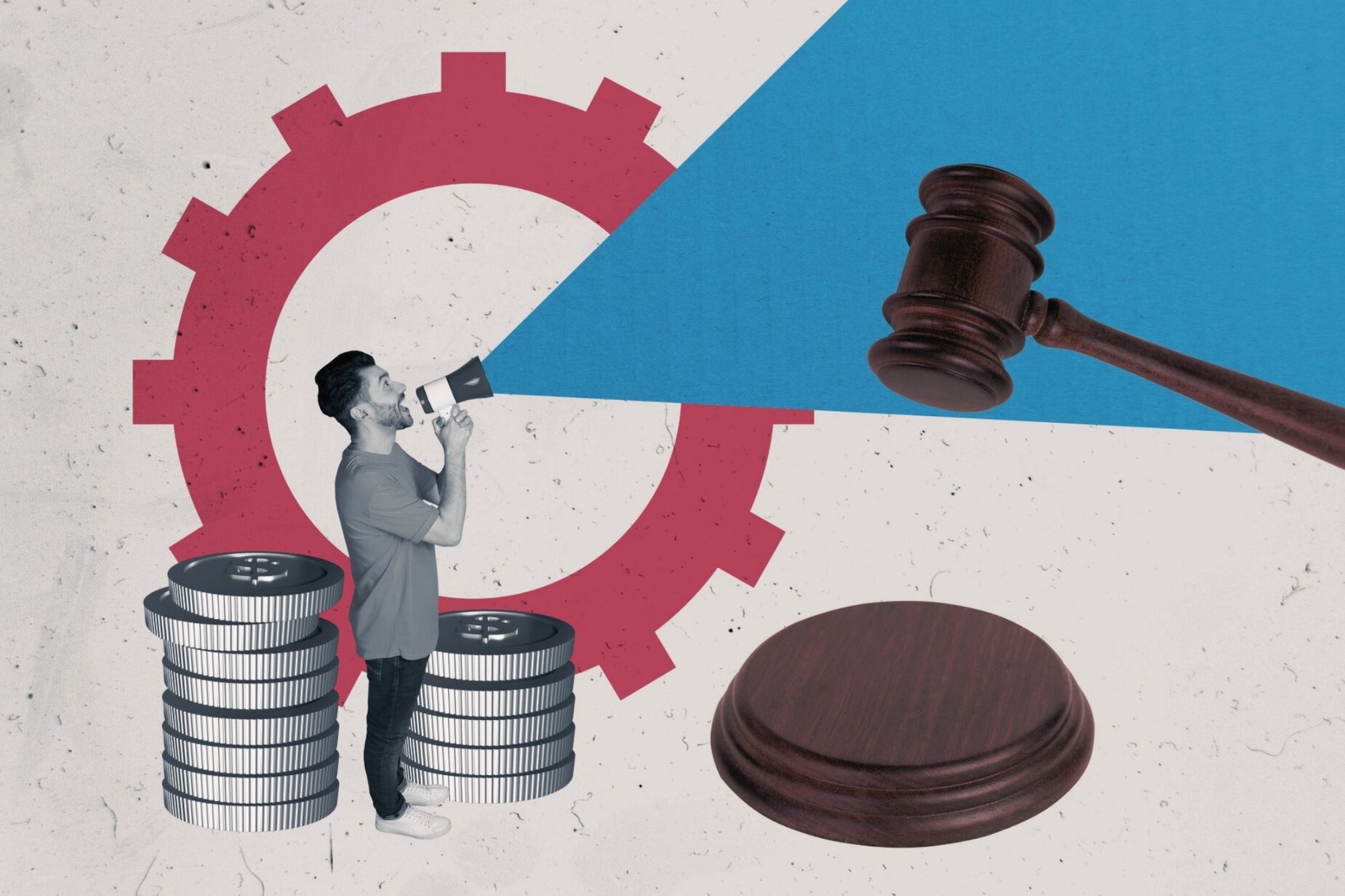In July 2018, Nigerian journalist and writer Adaobi Tricia Nwaubani wrote an honest, captivating and illuminating article about how her late great-grandfather’s life as a 19th-century slave trader shaped her life.
In the expansive essay published by the New Yorker, Nwaubani told intriguing tales about family, Igbo traditions, slavery and colonialism. She explained how her great-grandfather, Nwaubani Ogogo Oriaku, gained wealth and influence during the transatlantic slave trade era by selling other Africans and helping missionaries establish Christianity in Nigeria.
She also provided an honest and nuanced account of the conflicting feelings many of her relatives have about her great-grandfather’s legacy.
She told us how her father once declared he could never be ashamed of the infamous slave trader. “Why should I be,” she quoted him as asking, “His business was legitimate at the time. He was respected by everyone around.”
But she also wrote about her relatives who see things differently. She told us about her cousin Chidi, who grew up in England and chose to keep his family’s inglorious past hidden from his British friends. She also wrote about another cousin, Chiomia, who says she asks “God to forgive our ancestors” whenever she watches a film about slavery.
In the essay, Nwaubani underlined her family’s efforts to break away from its painful and tainted history. She mentioned how in 1992, believing that they are being punished for the crimes of their ancestors, the community her family hails from chose to adopt a new name to reflect their “severance from the atrocities of the past”. She also proudly described in detail a deliverance ceremony her family held in January 2018 to publicly denounce its role in the slave trade. “During the ceremony, I was overwhelmed with relief” Nwaubani reflected, “My family was finally taking a step beyond whispering and worrying.”
According to Nwaubani’s account in the New Yorker, her family resisted the temptation to accept their grandfather as a product of his times, took a strong moral stand on slavery, and made a clean break from his despicable legacy.
If this essay remained as Nwaubani’s only telling of her family’s story, it could have been her heartfelt contribution to the efforts to honestly document one of the most painful periods in human history. It might have persevered as a strong, insightful and emancipating analysis of the slave trade from an African point of view. More so, in today’s progressive political climate, it could have provided an example as to how families, communities and societies could reflect honestly on the crimes of their ancestors and redeem themselves from the overbearing weight of historical injustices.
Yet, unfortunately, it has not.
On July 19, just seven weeks after George Floyd’s police killing in Minnesota sparked a global movement for racial justice, Nwaubani chose to tell her great-grandfather’s story once again, this time to the BBC. The new article, titled “My great-grandfather sold slaves”, has a brand new editorial slant and does not once mention her family’s efforts to reckon with the slaveholder’s legacy.
This time, the Nigerian journalist describes his grandfather not as someone who “gained power and wealth by selling other Africans across the Atlantic”, but merely as “a businessman” who lived in a time when “the fittest survived and the bravest excelled”.
There is also no mention of the heart-wrenching emotions towards slavery experienced by her family. As a result, there is no sign of the overarching and progressive morality that characterised the New Yorker article.
Clearly, unlike the original essay published two years ago, the aim of the BBC article is not to chronicle a family’s struggle to come in terms with the abominable deeds of an ancestor, but to offer a defence for that ancestor by stating yesterday’s slave masters should not be judged by today’s moral standards.
In the BBC article, in a desperate and shocking attempt to glorify a man who traded human beings for a living, Nwaubani even shares an anecdote that paints her great-grandfather as a hero for successfully confronting officials of the British colonial government after they “seized some of his slaves”.
The BBC article not only tries to whitewash Nwaubani Ogogo Oriaku’s legacy, but also attempts to put the blame for the transatlantic slave trade on Africans. It states that “buying and selling of human beings among the Igbo had been going on long before the Europeans arrived” and implies that the arrival of Europeans merely accelerated an existing and established practice. By doing so, the article clearly intends to play down the United Kingdom’s role in trafficking approximately 11-14 million Africans, many of whom died at sea, or at the hands of angry, hate-filled lynch mobs or cruel slave masters in America.
In her piece for the BBC, Nwaubani not only gives the impression that slavery was really just an African construct, but she also credits the UK for bringing it to an end. Without the help of the enlightened and compassionate British Empire, Nwaubani opines, the slave trade would have never ended. To top it all, she suggests, were the Igbos enamoured by statues, her grandfather certainly would deserve to have one built in his honour.
So why did Nwaubani decide to retell her great-grandfather’s story and offer a defence for him at a time when the Black Live Matters movement’s call for racial justice finally started to be heard across the globe? And why did the BBC decide it has a national responsibility to redeem the wounded pride and fading morality of the British Empire with an article glorifying a 19th-Century Nigerian slave trader at such a momentous time in history?
Nwaubani’s revised, highly defensive account of her great-grandfather’s life reeks of a desire to protect undue privilege. It is reminiscent of President Donald Trump’s desperate attempts to rewrite history and present slaveholders and mass murderers who shaped the past of the United States as “the most daring and courageous people ever to walk on the face of the Earth“.
In her collaboration with the BBC, she also attempts to somewhat absolve the UK of its overriding responsibility in advancing the transatlantic slave trade, setting up colonial structures throughout Africa, and perpetrating racist hierarchies globally.
Because of British slavery and colonialism, the BBC enjoys extensive reach across Africa via TV, radio and online platforms. It is a trusted and popular voice in Africa. However, as Nwaubani’s article clearly demonstrates, even at a time when winds of just and progressive change are blowing across the globe, it is unable to resist an urge to defend the UK’s steadfast refusal to acknowledge its leading role in the centuries-long slave trade.
It was only in 2015 when then British Prime Minister David Cameron told Jamaicans to “move on” from the “painful legacy of slavery”, while simultaneously lauding the UK’s role in abolishing the slave trade. The current prime minister, Boris Johnson, is also known for his admiration of the British Empire, and repeated attempts to dismiss Britain’s role in slavery.
In this context, it is easy to understand why the BBC decided to publish Nwaubani’s article casting slavery as an African construct when the world’s focus shifted on the UK’s colonial legacy.
The efforts of the living beneficiaries of the transatlantic slave trade to stem the winds of change, however, are futile.
The statues of slave traders, men such as Edward Colston, a British merchant who made a fortune from the slave trade in the late 1600s, are being forcibly removed in the US, the UK, and various other European countries. The US is reassessing its brutal past and current policies towards policing, racism and Black lives. So are Hollywood studios. So are major corporations, such as Facebook and Netflix.
So are Africans of all hues.
Nothing the BBC publishes can ever silence the voices that are demanding the UK to have a long overdue reckoning with its brutal history.
The views expressed in this article are the author’s own and do not necessarily reflect Al Jazeera’s editorial stance.

















